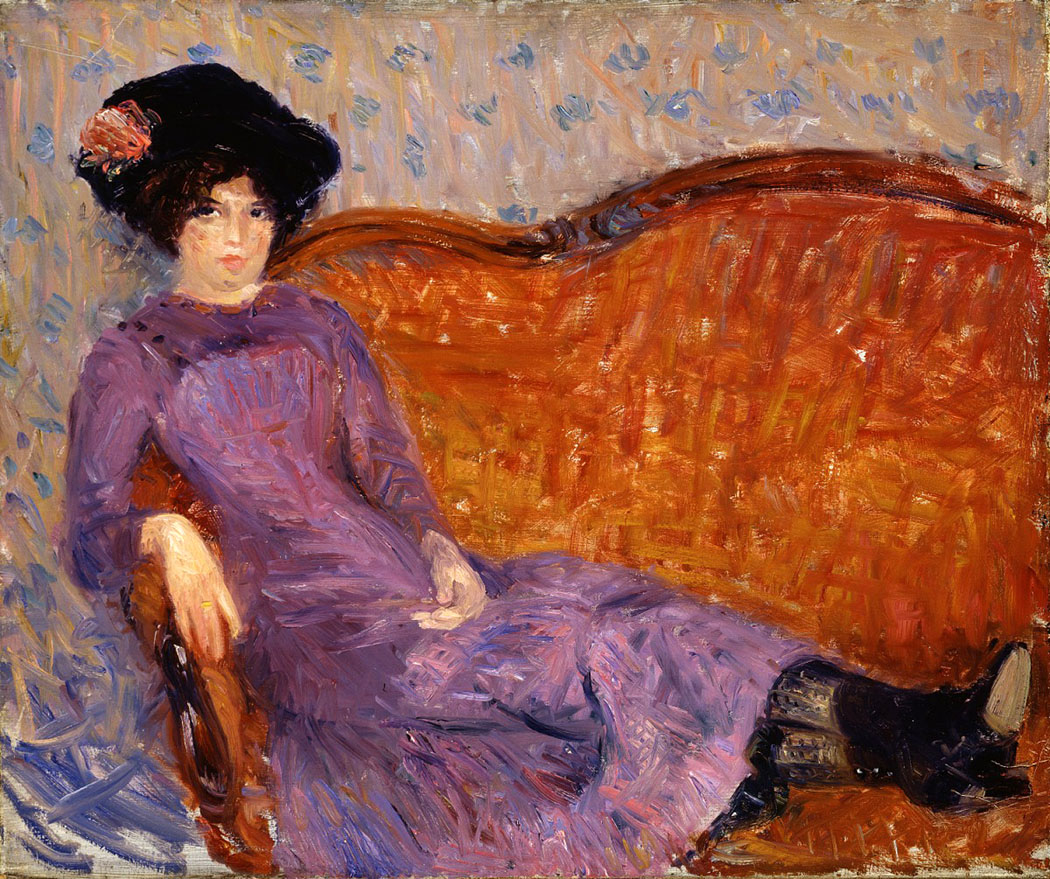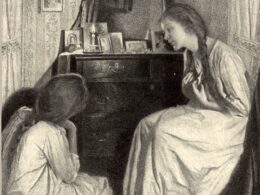
Many of O. Henry’s stories and sketches describe the hardships faced by young single women in New York City. O. Henry did not intend to be a social reformer, but his tales ended up having an outsize influence on public attitudes toward working women. He was an observer rather than a moralizer, and his observations attracted his readers’ sympathies.
When he moved to New York, O. Henry met up with Anne Partlan, a struggling writer with whom he had corresponded, and she introduced him to her friends, most of whom worked in offices, restaurants, and department stores. “He had absolutely no pose,” she recalled after his death. Several of his stories “were taken straight from life. That is why there is never anything sordid in the little stories. We were poor enough in our dingy rooms, but he saw the little pleasures and surprises that made life bearable to us.” His stories particularly displayed a preoccupation with the arithmetic of his characters’ lives: how the dollars and cents of their weekly pay added up to an impossibility. In his stories there is an overwhelming focus on how women’s salaries can’t possibly cover the rent and food, much less any small items that might make their off-hours enjoyable.
In “The Purple Dress,” Maida is a “shopgirl” who has saved her spare change all year for a dress to wear to her employer’s annual Thanksgiving feast. We present it as our Story of the Week selection, with an introduction detailing how O. Henry’s stories helped convince Theodore Roosevelt to become an advocate for women’s suffrage, a minimum wage, better working conditions, and equal pay.



